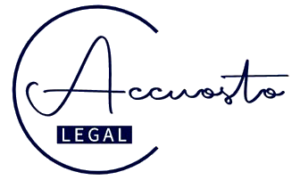For some years now, new forms of negotiation are emerging with respect to production and distribution. This is giving rise to an increase in competition with Spanish companies, obliging them to invest in technology and research in order to offer the best product at the best price. This new panorama and the establishment of new companies searching new markets in Spain has led to a rise in conflicts related to unfair competition, patents and trademarks.
Such conflicts are regulated in Spain by specific laws: Trademark, Patent, Intellectual Property, Unfair Competition and Competition Defence legislation, all of these focused on maintaining “public order” and defending public interests, freedom of competition and the rights of consumers to know what they are purchasing, among others. It is not possible for parties to transact based on agreement, and in the case of a conflict arising, it can only be settled in the Courts.
However, this situation is changing. The law is now started to open the door to arbitration; for instance, the Spanish Trademark Law allows companies disputing the registration of a trademark to submit that dispute to an arbitration process. These options have recently been used in legal practice.
Disputes arises between two parties in relation to trademarks or intellectual property, can be decided in Spain through arbitration. The decision made the arbitrators has the same force as a court ruling.
The same occurs with Spanish Competition Law. If a company accuses another of abusing a dominant position or entering into agreements that have a negative effect on competition, an arbitration process can solve the problem. Arbitration processes, which are now used to a great extent in Europe, will be more popular in Spain and unfair competition conflicts could even be settled by means of arbitration.
The same problem formerly occurred with distribution or franchise contracts, with clauses related to Intellectual or Industrial Property (patents or trademarks). Until now, arbitration was only used to solve contractual conflicts and not disputes about trademarks, patents or intellectual property. This was paradoxical: the arbitrator could only settle some of the issues.
If arbitration can now be used to settle all conflicts that arise in connection with these areas, then the arbitrator would be able to decide those related to contracts and industrial / intellectual property too, even Competition Law. And this would help companies in Spain. They would avoid the long Spanish Court proceedings.
This new situation shows the need to free the courts from an avalanche of lawsuits that could be solved by arbitration. This will save time and money for the parties: opening up another channel for setting conflicts, which are rapidly increasing in the market.
The Court of Arbitration of Barcelona (TAB), the Competition Defence Court of Catalonia and the Bar Association of Barcelona, are working in these areas. They are willing to help companies to submit, with the objective of such issues to arbitration. Thanks to this initiative, two companies involved in an unfair competition conflict would be able to submit the matter to arbitration. This would make it possible to study the matter and find a rapid solution, speed up the process and eliminate costs for the parties, while also ensuring compliance with the Spanish laws and the Spanish Public Order.
The time has now come for arbitration to play an ever more important role in business and once again, to prove its effectiveness in solving conflicts. This is permitted by current Spanish legislation. All that is needed is for company lawyers relying in Alternative Dispute Resolution.
Santiago Nadal

